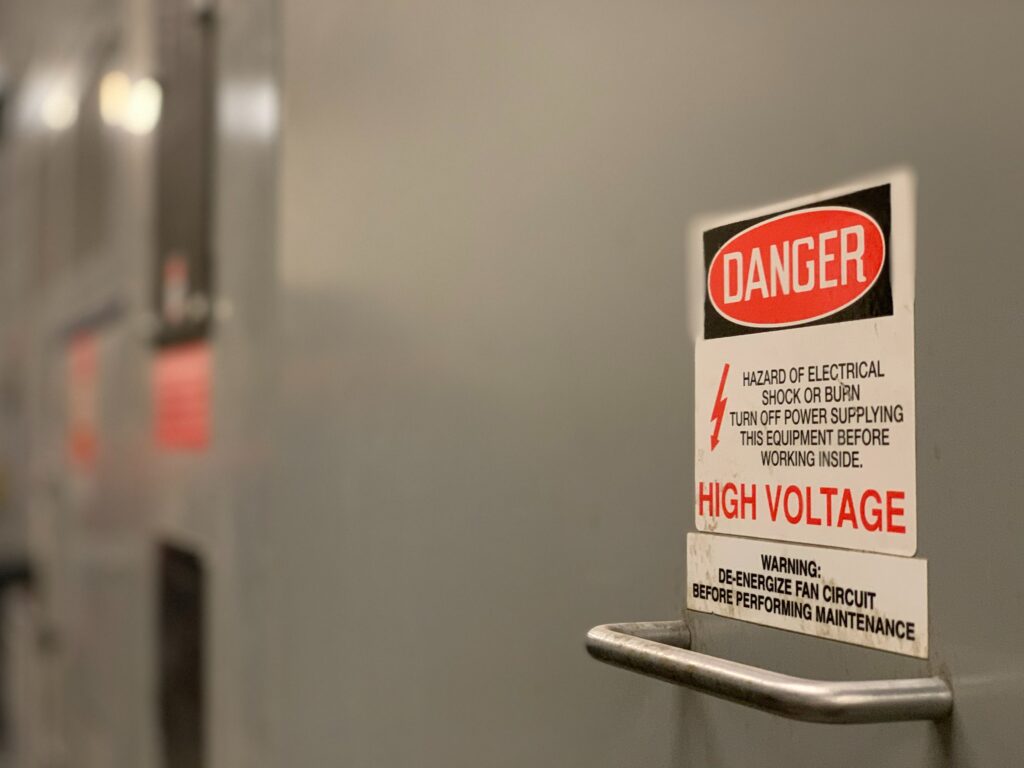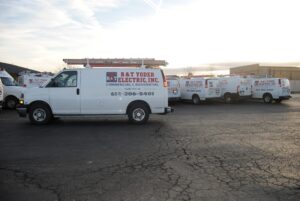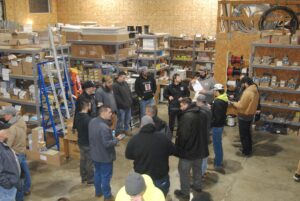
While the team at Yoder Electric does not condone taking the DIY approach to electrical work, we understand that many homeowners will still attempt to do so. Because of that, we created a guide to doing home repairs safely.
Performing basic electrical repairs at home may be cheaper, but it’s crucial to prioritize safety, follow proper procedures to avoid serious injuries, and call skilled professionals if the problem is more serious than you anticipated.
In this step-by-step guide, we’ll walk you through the necessary precautions, tools, and materials needed for DIY electrical repairs.
Disclaimer
While we are giving you a guide to safety precautions and tools, we ask that you only attempt the simplest and most basic of repairs.
Yoder Electric’s team is staffed by experienced, licensed electricians who have the expertise to handle intricate tasks and ensure compliance with local regulations. If you feel the slightest doubt in your own skills, or if you realize that a problem is more complicated than you thought, call Yoder Electric so we can do the repairs and keep you safe.
Safety Precautions and Preparations
Everyone knows electricity is dangerous; that’s why we keep small children from playing near outlets and why we keep wires far away from water sources. However, there are some precautions you can take to lessen the risk of serious accidents.
Turn off the power. Always switch off the power supply to the area where you’ll be working. Locate the corresponding circuit breaker in your electrical panel and flip it to the “off” position.
Use personal protective equipment (PPE): Wear appropriate PPE, including safety goggles, insulated gloves, and non-conductive footwear (e.g. rubber-soled shoes) to protect yourself from potential electrical shocks.
Test for live wires: Use a voltage tester or multimeter to ensure the circuit is de-energized before proceeding with any repairs.
Work in a dry environment: Avoid performing electrical repairs in damp or wet conditions to minimize the risk of electric shock.
Necessary Tools and Materials
Once you’ve double-checked the work site to make sure it’s safe, gather the following tools and materials:
Basic tools: Invest in a well-equipped toolkit that includes screwdrivers, wire cutters, wire strippers, pliers, electrical tape, and a flashlight.
Voltage tester or multimeter: These tools help you identify live wires and ensure the circuit is de-energized before proceeding.
Electrical tape and wire connectors: Use electrical tape to insulate wire connections and wire connectors to join or repair wires securely.
Replacement parts: Common spare parts include fuses, circuit breakers, light bulbs, switches, and outlets to replace faulty components.
Yoder Electric Can Help with Problems of All Sizes!
At Yoder Electric, we do installations and repairs so you don’t have to. By using our highly qualified team for all your electrical needs, you can put down your toolbox and experience the peace of mind that comes with knowing we’ve got you covered.
Contact us today to learn more!







